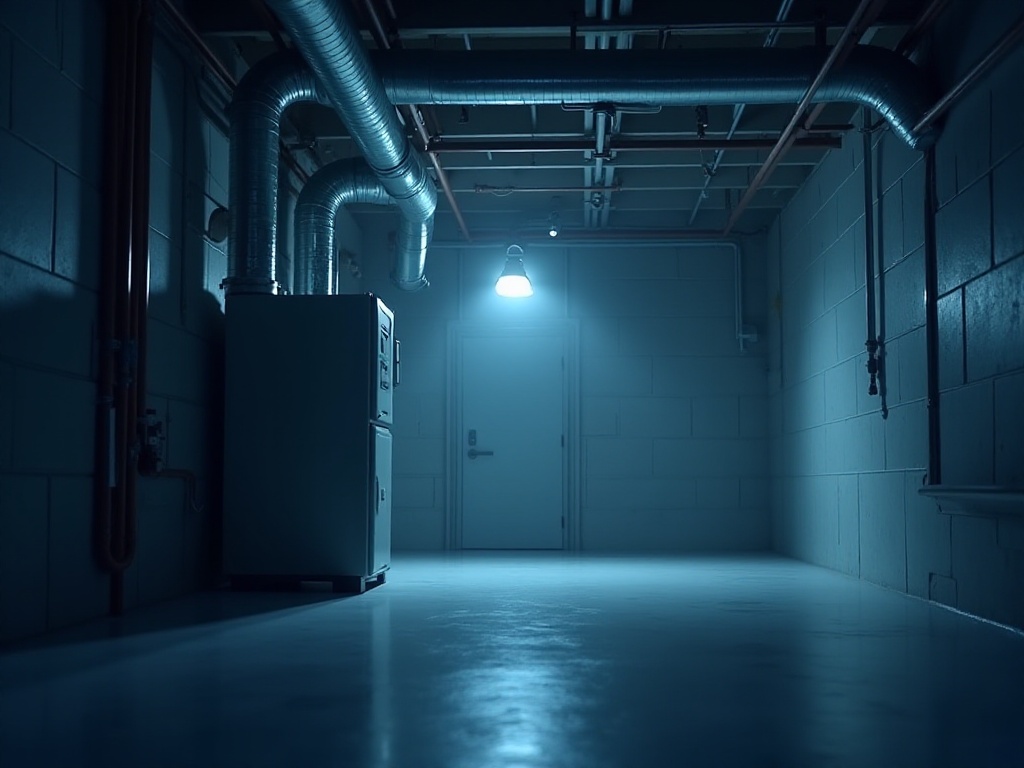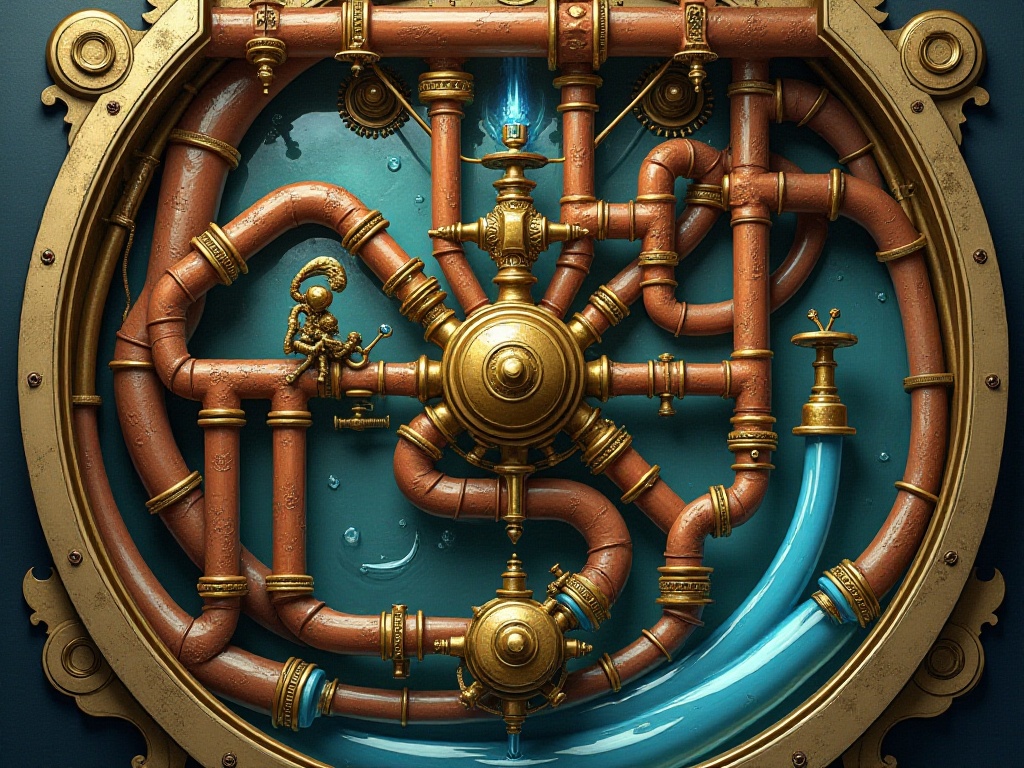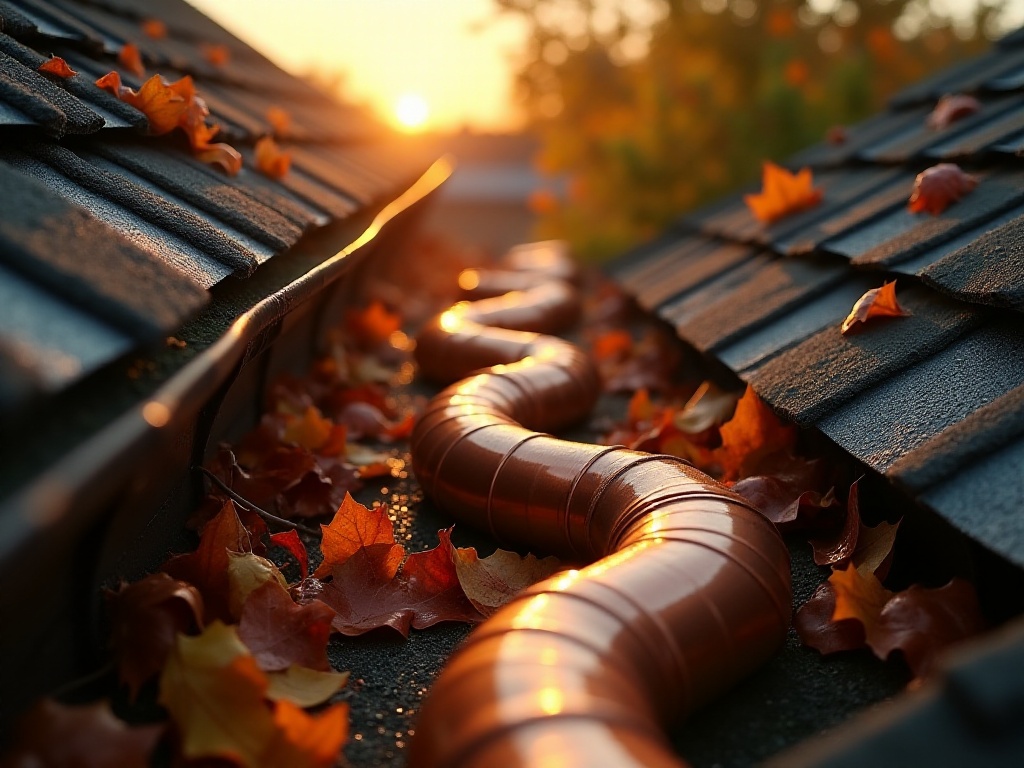Introduction
Honestly, I regret not taking home maintenance seriously earlier. It happened last winter when I thought the house was fine as long as it was livable, so why bother with the details? The result was that during the coldest time, the roof started leaking. The reason was particularly frustrating: just because I was too lazy to clean the roof gutters, the rainwater got blocked there, froze into ice, and seeped through the roof when it melted. That repair cost me nearly $10,000, which was completely wasted money. Since then, I've been determined to study house maintenance properly, and I've accumulated quite a bit of experience over these years that I'd like to share with everyone today.
Safety First
When it comes to home safety, it really gives me chills. I just saw news the other day about a family that nearly had a disaster due to aging electrical wires catching fire. Looking at the data, losses from household fires alone reached billions in 2023, and the most frustrating part is that eighty percent of these accidents could have been prevented.
I used to think smoke detectors were just for show until one night when it suddenly alarmed and woke me from sleep. When I checked, there were signs of smoke coming from the TV socket in the living room. Since then, I've been particularly attentive to checking these safety devices. Now I set the first of each month as safety check day, without fail, just like paying rent. The check is simple - just press the test button, and if the sound is weak or seems off, it's time to change the batteries.
Speaking of carbon monoxide detectors, they're truly lifesaving devices. My cousin's family discovered problems with their gas water heater thanks to having one installed. This colorless and odorless gas is the most dangerous, so this detector is absolutely necessary and needs regular checking.
About fire extinguishers, here's something interesting - I used to think they lasted forever. Until one day during a fire safety inspection, I learned that fire extinguishers have expiration dates, typically five years for household ones. Even within the expiration period, you need to check the pressure gauge annually to ensure the needle is in the green zone. Now I keep one each in the living room, kitchen, and garage. Though I hope to never use them, it's better to be prepared.

System Maintenance
The most expensive equipment in a house would definitely be the HVAC system, electrical system, and plumbing system. If these things go wrong, it can really cost you big time.
Let's start with the AC system, which has been my headache. In the past, when I didn't know better, I only changed the AC filter when I remembered to, resulting in skyrocketing electricity bills after two years. Later I found out that regularly maintained AC systems can save 15% to 20% on electricity compared to unmaintained ones. Now I change the filter monthly and have a professional deep clean every six months. Although hiring professionals costs money, it's worth it considering the saved electricity bills and extended lifespan.
For the electrical system, I have a special checking method. Every weekend, I touch all the outlets in the house to check for any heating. If an outlet feels hot, that's a warning sign - it could be poor contact or overload. I've replaced all kitchen and bathroom outlets with GFCI ones. Though more expensive, they've significantly improved safety. Statistics show these outlets can prevent over 90% of electric shock accidents.
The plumbing system also needs regular attention. I've developed a habit of checking the toilet tank for leaks during my first bathroom visit each morning. I learned this the hard way when a silent tank leak resulted in a water bill three times higher than usual.
Another commonly overlooked area is the drain pipes. I pour drain cleaner monthly to prevent blockages from oil and hair. Once I was too lazy to clean the drain, and it got severely clogged. Calling a plumber cost several hundred dollars, which was such a waste.

Indoor Maintenance
The kitchen needs the most careful attention since it's not just for cooking but also houses many expensive appliances. Honestly, I didn't know before that refrigerator placement was so important. Now I leave 5cm gaps on both sides of my fridge and 10cm at the top for better heat dissipation, which saves electricity. I also clean the cooling coils behind the fridge every three months to improve cooling efficiency.
Cleaning the microwave is a skill. I used to scrub hard with dish soap, which was exhausting and ineffective. Then I discovered a great method: put half a bowl of water with several spoonfuls of white vinegar, microwave for two minutes, leave it for five minutes, then wipe - the grease comes off as easily as if it were lubricated.
I have tricks for cleaning the range hood too. After cooking, while the hood is still warm, I wipe the outer surface with kitchen paper - the grease hasn't solidified yet, making it easy to clean. As for the filters, I remove them weekly for a hot water soak with some baking soda for twenty minutes, which removes most of the grease.
Cabinet maintenance is also important. My cabinets are solid wood, and I polish them with special wood care oil every three months to prevent moisture and maintain shine. Inside the cabinets, I place many dehumidifiers to prevent kitchen moisture from damaging the wood.
Floor maintenance has its techniques too. I have hardwood floors, which I sweep daily with a dry mop and clean spots with an almost-dry wet mop when needed. Every quarter, I apply special floor wax for maintenance, keeping the floors both shiny and durable.

Moisture Management
The bathroom is the most prone to mold growth, which really needs special attention. My bathroom walls used to have mold spots, later I learned it was due to poor ventilation. Now I keep the exhaust fan running for at least half an hour after showering to thoroughly dry the bathroom. I also place dehumidifiers in the bathroom to absorb excess moisture.
Blackened tile grout is the most annoying. I tried many methods before discovering that baking soda paste with water works best. Apply it, let it dry, then gently brush with a toothbrush to remove the mold spots. Now I check monthly and address any signs of darkening immediately.
Shower glass is another challenge. Now I use a squeegee after every shower, followed by towel drying to prevent water spots. I also clean with special glass cleaner weekly to maintain clarity.
I'm particularly particular about toilet cleaning. Besides weekly routine cleaning, I deep clean monthly with toilet cleaner, especially those hidden areas under the seat rim. If these areas aren't cleaned regularly, they develop an unpleasant odor over time.

Final Thoughts
After these years of maintenance, I've truly realized one thing: a home is like a living organism that needs careful attention. Every small maintenance action is an investment in future comfortable living. For instance, I now do a comprehensive inspection every quarter, checking everything from roof to basement, inside and out. This not only helps detect problems early but keeps the entire house in optimal condition.
Recently, I've been researching smart home systems and plan to install a smart monitoring system to check on the house anytime. Though the initial investment is significant, the ability to control things remotely and detect anomalies early makes it worthwhile.
Honestly, when I first started these maintenance tasks, they seemed very troublesome, but gradually it became a habit. Now when I wake up each morning and see the house clean and tidy with all systems running normally, it gives me great peace of mind.
Finally, I want to say that home maintenance isn't optional. It relates to our safety, affects our quality of life, and can even save us money. So whether your house is new or old, it's worth maintaining well. After all, home is our most important haven, and keeping it in optimal condition is the best responsibility we can take for ourselves and our family.








